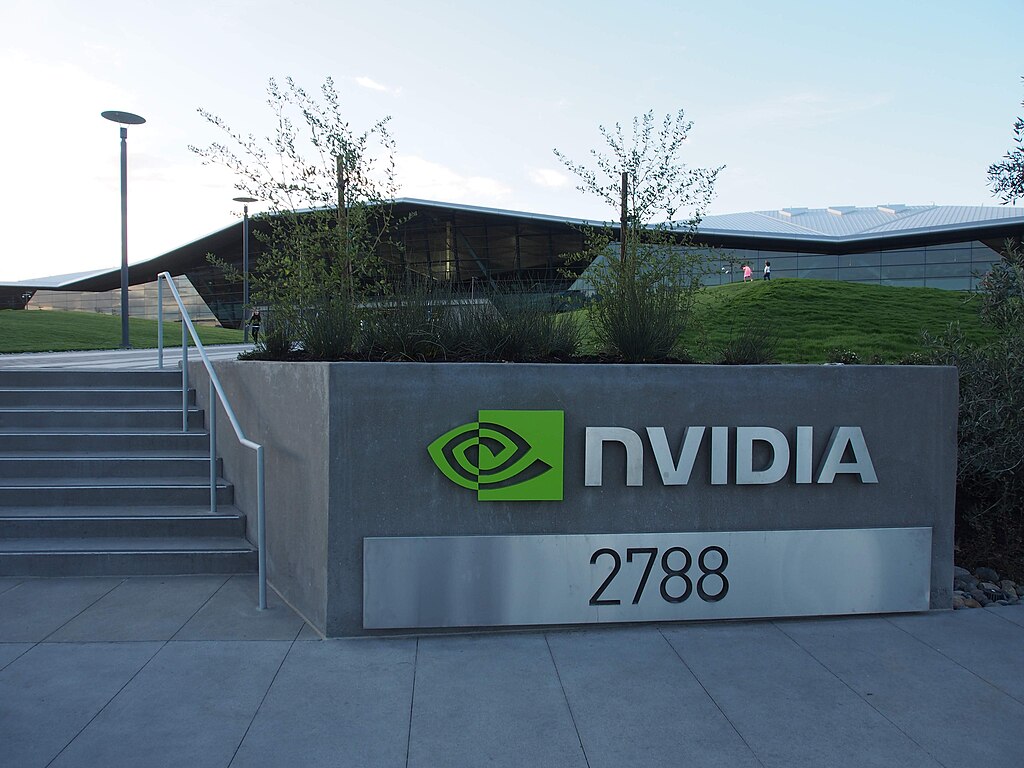Nvidia Corporation (NASDAQ: NVDA) plans to launch a downgraded version of its H20 AI chip in China within two months to comply with tighter U.S. export regulations, Reuters reported. The move comes as Washington, under the Trump administration, follows the Biden-era policy of restricting advanced chip exports to China in a bid to limit Beijing’s access to powerful artificial intelligence technology.
The H20 is currently Nvidia’s most advanced AI chip allowed for sale in China without requiring a license. However, recent policy changes now mandate licenses even for the H20, prompting Nvidia to modify the chip by reducing its computing performance and memory. The downgrade is designed to help Nvidia navigate the new export controls while retaining a presence in the Chinese market.
Nvidia has reportedly informed major Chinese cloud service providers and tech firms of the planned changes. The chip is widely used in China’s AI ecosystem by companies including Baidu (NASDAQ: BIDU), Alibaba (NYSE: BABA), and startups like DeepSeek. However, the reduced capabilities may hinder Nvidia’s competitiveness, especially against domestic rivals such as Huawei, which already produces an AI chip tailored for the Chinese market.
China generated roughly $17 billion in revenue for Nvidia in the fiscal year ending January 2025, accounting for about 13% of its total sales. CEO Jensen Huang has stressed China’s strategic importance and visited Beijing in April, underscoring the company’s commitment to the region despite mounting geopolitical tensions.
As the U.S. sharpens its technology export restrictions, Nvidia’s efforts to adapt could determine its long-term role in the rapidly growing Chinese AI market. The outcome will likely shape the competitive dynamics between U.S. chipmakers and China’s rising semiconductor players.

